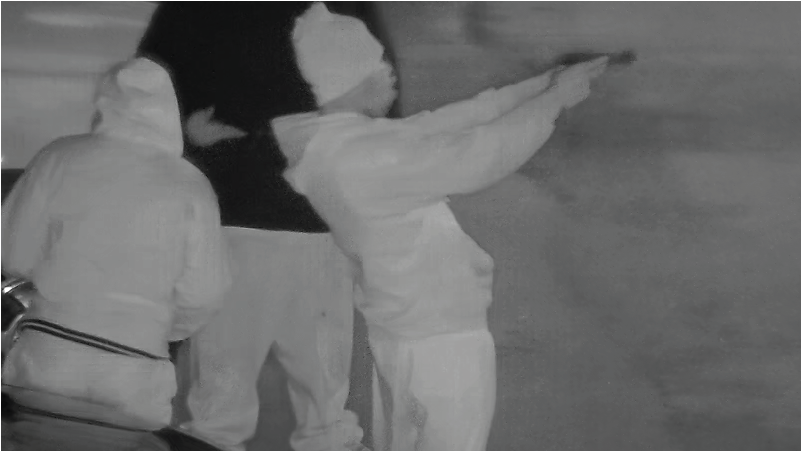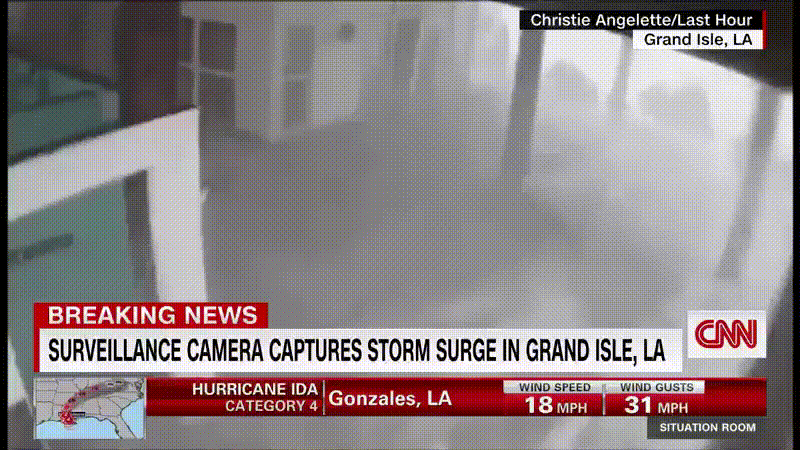Knowledge Is Power
Key Terminology
"Accurate terminology allows for a deeper and more nuanced understanding of any subject." — Albert Einstein
-
Camera Share Program
When law enforcement is provided direct access to existing security cameras at a home or business.
-
Crime Camera Program
Purchase and installation of security cameras specifically designed to share live feeds with law enforcement.
-
Camera Registry
A system for recording and managing information about security camera locations in the community.
-
Regional Crime Camera Program
Sharing of community crime cameras between multiple law enforcement agencies.
Knowledge Is Power
Frequently Asked Questions
Answers to the most commonly asked questions about crime camera programs
I feel relatively safe in my neighborhood, am I wasting my money if I purchase or register a camera?
One option people often find appealing is purchasing a camera subscription and having it installed to capture their driveway and passing cars. This option provides coverage for your house, but it also allows officers to use license plate recognition software to locate missing or wanted vehicles/individuals.
Some law enforcement agencies have programs that allow residents to share their existing security systems; however, careful consideration should be taken doing doing so. In most cases, law enforcement do not need access to an entire system of cameras at a location. Strategically placed cameras at entrances, exists, and vulnerable locations are most beneficial in real time. In a regional crime camera program, cameras are shared with multiple partnering law enforcement agencies.
The purpose of the camera registry is to save critical time time during active investigations. Rather than knocking on every door in the vicinity of a crime, officers will be able to cross reference all locations to identify cameras that may have captured footage. Once identified, officers can contact the owners of registered cameras to either ask the home/business owner if their camera captured something specific or arrange a time to meet and view the footage.
Innovation in Action
Benefits of Sharing Cameras
Stay informed and explore the ever-growing benefits of participating in a community crime camera program



